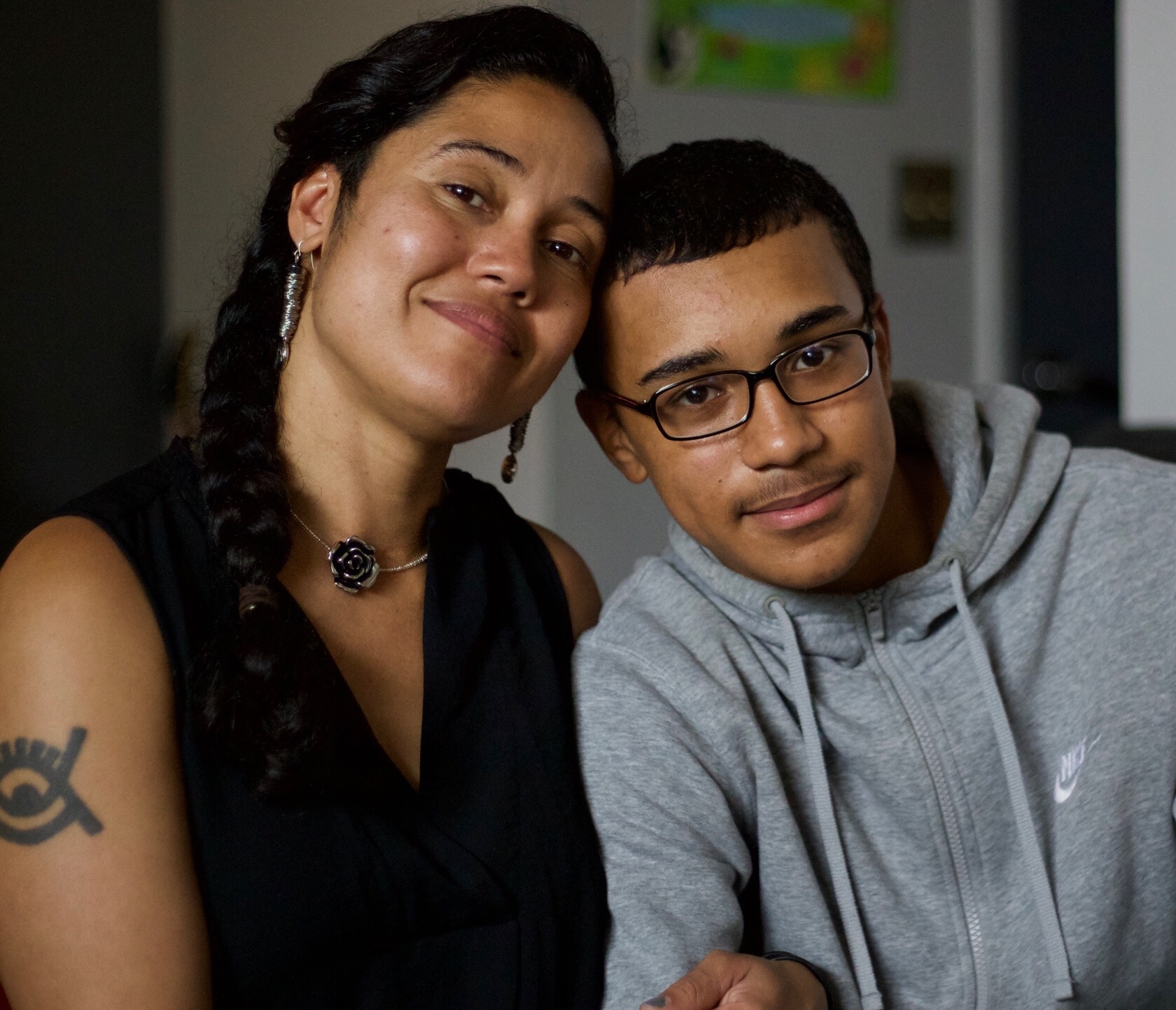
It used to be so easy. Your child talked to you about everything. Now, as a teen, it can be hard to get more than a “fine” or “OK” out of them. What can you do?
Pediatric psychologist Vanessa Jensen, PsyD, says the most important thing is to not give up trying.
Tips for talking with your teenager
1. Realize being a teen today isn’t the same
There will be some aspects of teen life that are difficult for parents to relate to, Dr. Jensen recognizes. Of course, you can still empathize. But it’s important to acknowledge that you don’t always know exactly what teens are going through.

2. Setting matters
Sometimes, Dr. Jensen notes that parents simply don’t know how to approach difficult or sensitive topics with their teens. She says it’s sometimes helpful to start the conversation in the car.
“If you think about it, if your kid’s staring at you and you’re staring at them ― and they’re embarrassed ― they’re going to be less likely to give you the whole story,” Dr. Jensen explains. “But if you’re driving, you can’t see their face. And they don’t have to look at yours. Not having to see your reactions sometimes makes them more likely to keep talking.”
At the end of the day. . . it all comes down to communicating. You have to keep talking, keep listening and keep making yourself available.
3. Keep doing things together
Look for opportunities to spend time with your teen that don’t impact their plans with friends.
They may not always take you up on the invitation — or use your time together to share their thoughts and feelings. But that’s OK. Creating the opportunity is the key.
4. Demonstrate that you trust your teen
Let’s say your 16-year-old has a question about alcohol. If your response is “I’ll tell you when you’re older,” or “It doesn’t matter because you’re not allowed to drink,” you’re shutting down an important conversation.
Instead of cutting off the conversation, answer their questions and explain any house rules you have about alcohol consumption. By being open to a conversation on a sensitive topic, you’re demonstrating that you respect your child.
5. Ask questions in a different way
When a child isn’t very forthcoming with details about their life, Dr. Jensen recommends asking in more creative ways.
Don’t just ask, “How was your day?” Instead, ask about something specific. Try asking how a certain test went. Or how their best friend is doing with their new part-time job or some other detail they may have recently mentioned.
By being more particular with your questions, Dr. Jensen says it lets them know that you’re truly paying attention. And that you really did hear ― and care.

How can we let our teens know we’re here for them and protect them from significant mental health challenges? Check out our podcast for tips and takeaways for talking to teens about mental health.
6. Practice active listening
Active listening is a skill. And like any other skill, you have to practice it. Being a good listener demonstrates respect for your child. The trust and empathy you build through active listening also increase the likelihood that your teen will use you as a sounding board in the future.

7. Validate their feelings
Resist the urge to “fix” or diminish the problems your child tells you about. If your child expresses concern about their mental health, don’t debate or question them. Get them professional help.
8. Regulate your emotions
Your child is going to be childish from time to time. But that doesn’t mean you should respond in kind. Model good communication skills.
By keeping your cool, you’re demonstrating to your child that they really can talk to you about anything.
9. Know when to take a break
If a conversation is getting too heavy, too upsetting or too heated, there’s nothing wrong with taking a breather. Explain to your teen why you want to push pause. Then, together, make a plan to return to the conversation.
Just keep talking and listening. Not every conversation is going to be big. But little talks and a lot of short moments can add up to big benefits for your kid’s social and emotional health.
Excerpted from “Teen Not Talking? Here’s How To Break the Silence” from the Cleveland Clinic. Read the full post for additional details and strategies.





